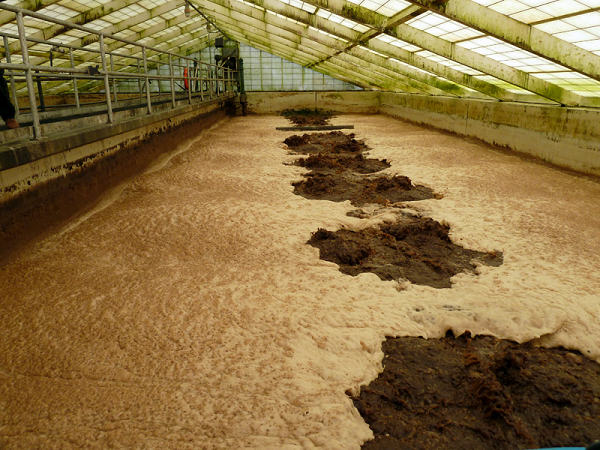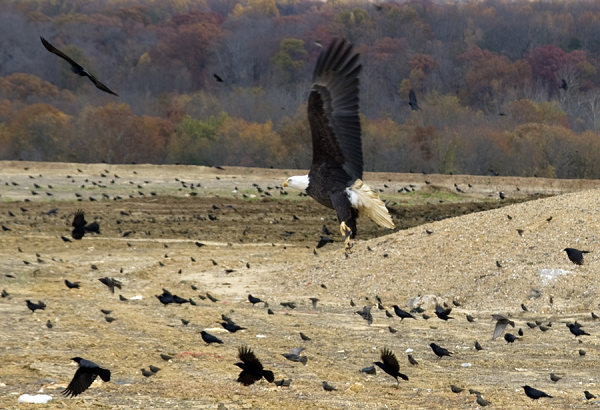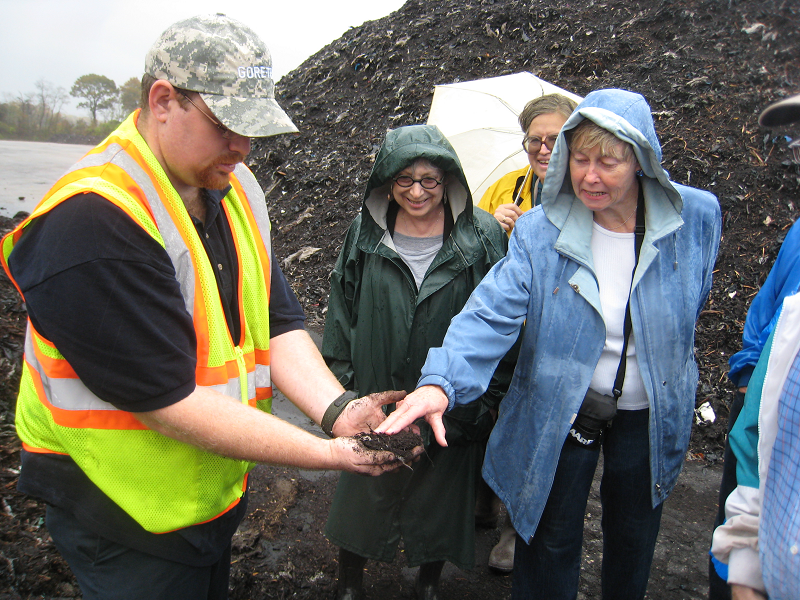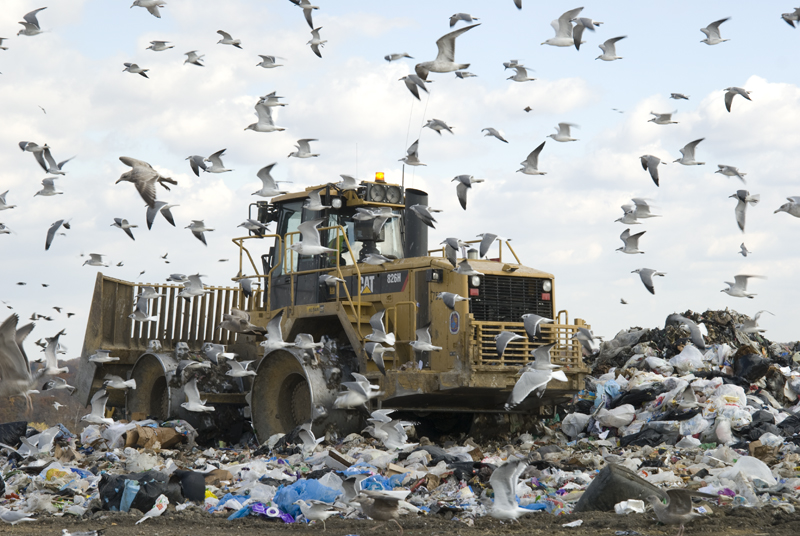Prince George’s County’s Plastic Straw Ban is in Effect
Prince George’s County’s 2019 ban on single-use straws and stirrers that are not home-compostable went into effect on July 1st.
Read More
Prince George's Sierra Club weighs in on the County's Draft 2020-2029 Solid Waste Management Plan
- Monitoring of and reduction of methane emissions from the County landfill;
- Commitment to diversion of organic waste from the landfill via expanded curbside food scrap collection and better access to community composting;
- Adoption of a detailed, time-bound, cost-effective, measurable, participatory, and innovative Zero Waste Plan.
Field trips energize Prince George’s Group’s “Zero Waste” campaign
See "Zero Waste Initiatives Report" for Prince George's County.
Every year Prince George’s Sierra Club activists participate in field trips to the county landfill, the single-stream recycling facility, and the organics composting facility to learn about waste reduction efforts. What have they taken away?
Caption: A tractor spreads trash at the Prince George’s landfill in Upper Marlboro.
Credit: Tom Wachs
Single-stream recycling
Single-stream recycling, which allows collection of mixed materials in a single container, was introduced to Prince George’s County in 2007. The recycling rate has increased and the amount of trash delivered daily to the landfill reportedly has dropped by more than half. About 7-8% of the materials collected for recycling is not acceptable and sent to the landfill. There are opportunities to expand recycling further at apartment buildings and businesses.
The single-stream facility is accepting a growing number of types of materials, but some are not currently accepted (styrofoam, plastic bags, and #6 polystyrene plastic for example) and other items (hazardous materials, electronics, appliances, tires) must be taken to convenience centers for recycling. Plastic bags can be deposited for recycling at grocery stores: recyclables should not be placed in plastic bags in the recycling toter. Contamination of the recycling stream is a problem. The County advises, "When in doubt, leave it out (of the recycling bin)."
At the landfill, methane is captured and powers the nearby penitentiary; water seeping through the trash (leachate) is pre-treated to remove toxic materials before being treated by WSSC (Washington Suburban Sanitation Commission).
There is a liner beneath each of the cells at the landfill to prevent seepage of potentially harmful runoff into the ground. A pumping station collects the water runoff and the “leachate” is pre-treated to remove heavy metals and other materials. Groundwater quality is periodically tested from multiple wells on the facility.
The landfill is criss-crossed with gas lines that collect methane and feed an on-site generator, which provides heat and electricity to the nearby jail. Managing the gas lines and treatment of the leachate continues for decades, even after a landfill is no longer accepting trash. The lifetime of the current landfill will be extended to the extent that recycling, composting, and source reduction efforts are successful.

Caption: The leachate pre-treatment plant at the landfill.
Photo credit: Tom Wachs
The landfill is a prime location for bird-watching! In past years tour participants have seen as many as nine bald eagles, in addition to vultures, sea gulls, and other species.

The yard waste facility produces high-quality compost from organic waste.
Leaves and lawn clippings are transformed into Leafgro, a 100% organic compost. A year-long pilot project is transforming food waste into quality compost using new technology that requires only 8-12 weeks. Participants were struck by the fact that the maturing compost did not smell.

Caption: Participants check out a sample of maturing compost.
Photo credit: Martha Ainsworth
